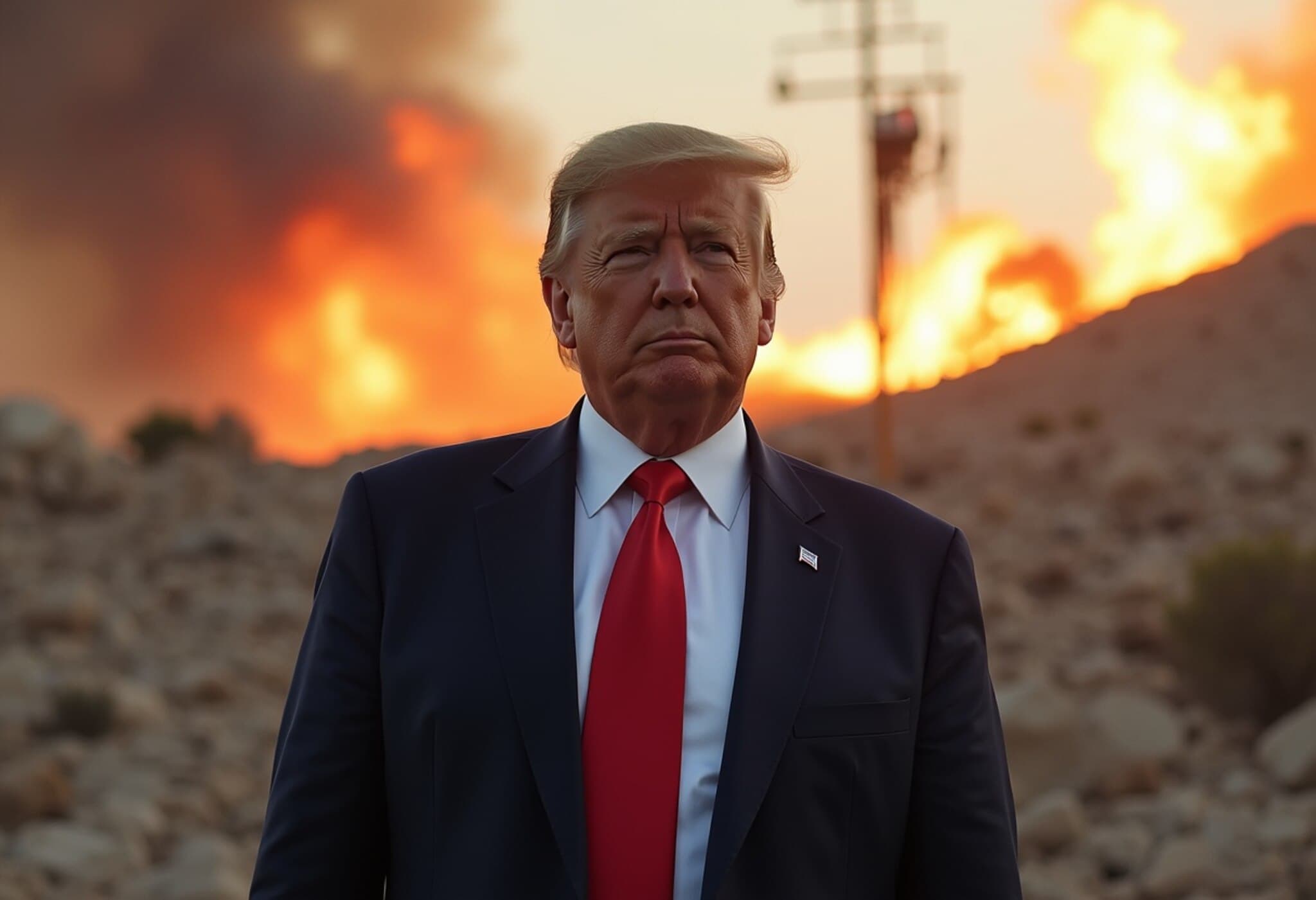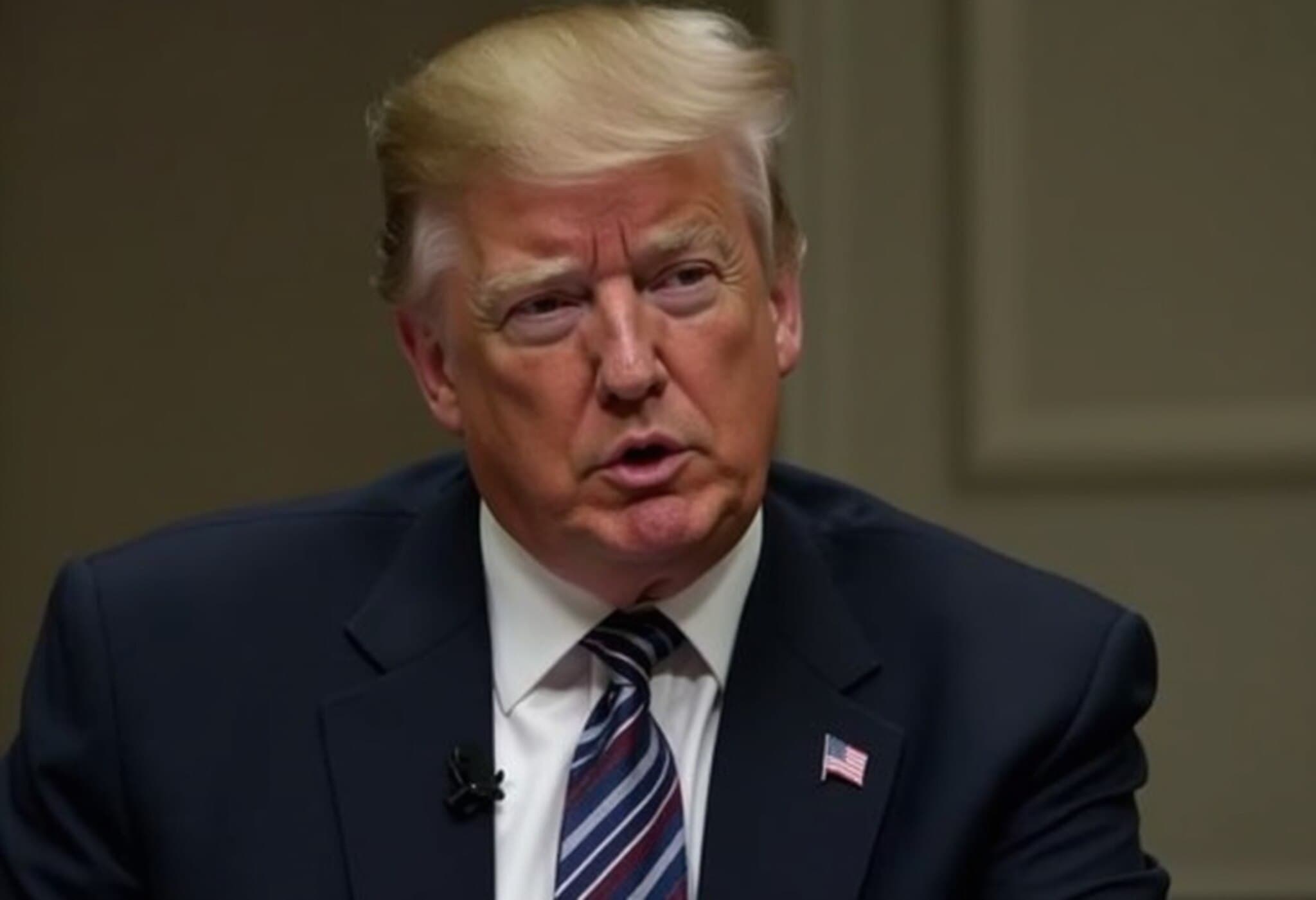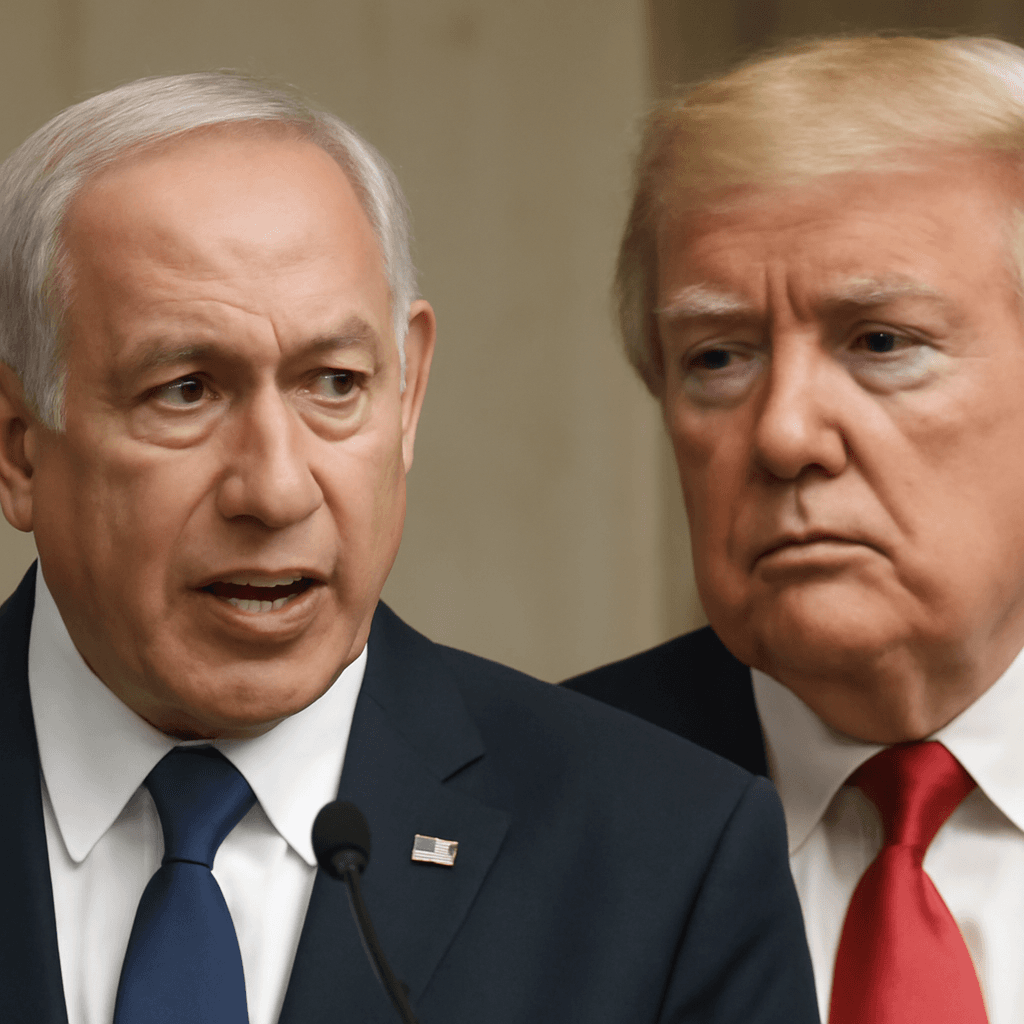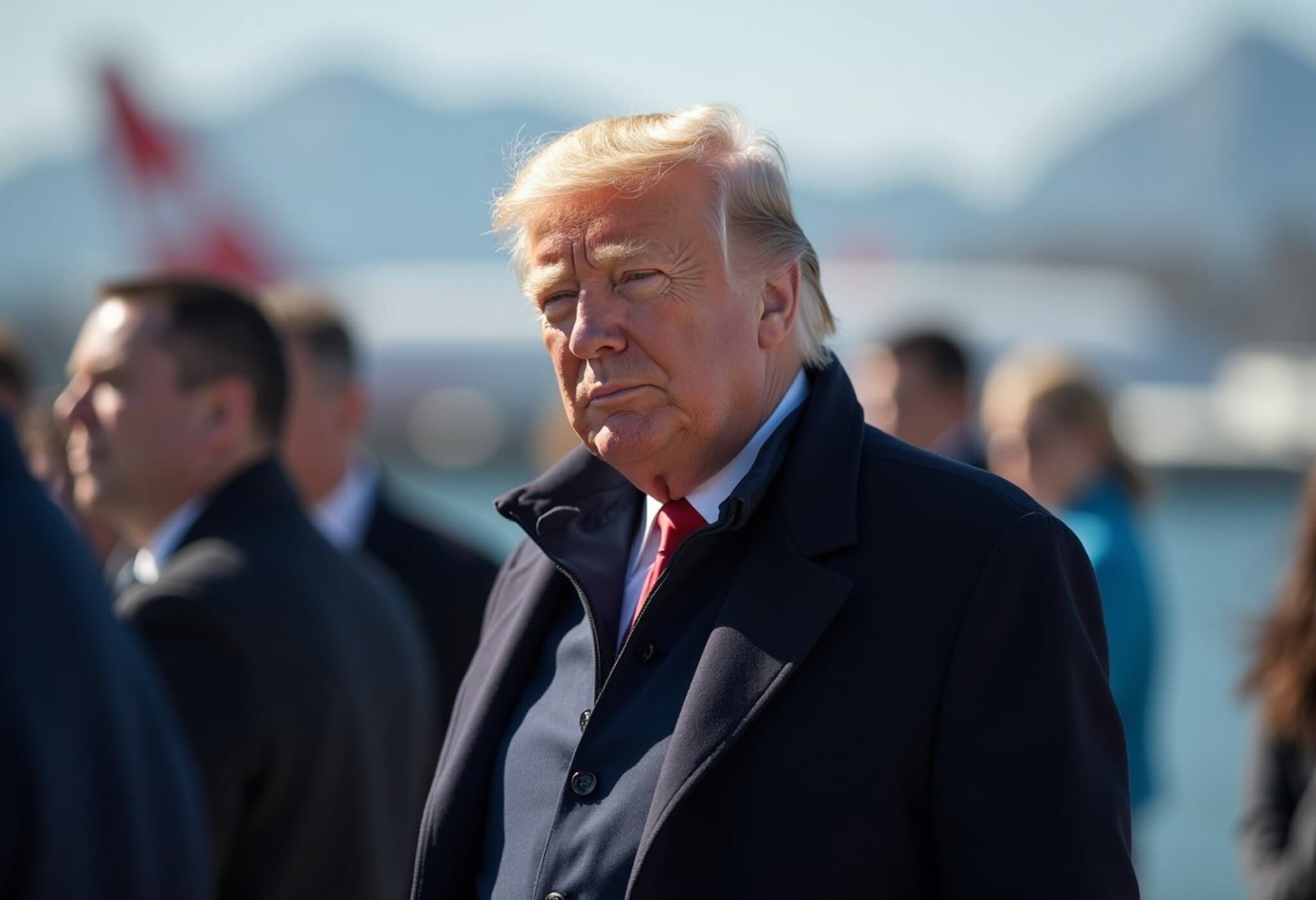India Cautions Citizens as Middle East Unrest Escalates
As geopolitical tensions in the Middle East intensify, the Indian Embassy in Tehran has issued a timely advisory urging Indian nationals to avoid non-essential travel to Iran's capital. The embassy's message, shared on social media platform X, highlights growing concerns about security and calls on Indians currently in Iran to remain vigilant and evaluate available exit options.
Official Advisory Highlights
- Non-essential travel discouraged: The embassy emphasized that individuals should weigh the risks carefully before planning trips to Tehran amid the volatile situation.
- Stay informed: Indian citizens in Iran are advised to closely monitor developments through regional news and official updates from Indian authorities.
- Exit options: For those wishing to leave, commercial flights and ferry services remain operational and should be considered promptly.
Context: Rising Tensions in the Middle East
The advisory comes against the backdrop of a volatile regional landscape marked by heightened confrontation involving Iran, Israel, and the United States. Last month saw Israeli military operations, dubbed "Operation Rising Lion," targeting Iranian nuclear and military sites to disrupt Iran’s nuclear ambitions. Iran retaliated with missile and drone attacks against Israeli targets. The United States has openly supported Israel, launching its own strikes—"Operation Midnight Hammer"—on Iranian nuclear facilities in Natanz, Fordow, and Isfahan, employing advanced stealth bombers and bunker-busting munitions.
Implications for Indian Nationals and Regional Stability
India's cautionary stance is informed by the increasing unpredictability in Iran, which not only poses safety concerns for foreign nationals but also risks disrupting critical international relations and economic ties. India maintains a significant diplomatic and economic presence in Iran, including cooperation in energy and infrastructure projects like the Chabahar port.
Experts note that such advisories are crucial in mitigating risks amid rapidly changing security dynamics. For Indian citizens, this is a moment to assess personal safety and the potential for escalation that could interrupt travel and commerce.
Underreported Perspectives
While media coverage often focuses on military escalations, the human dimension—especially the experiences of foreign nationals and expatriate communities—receives less attention. The advisory sheds light on the precarious position of these individuals caught in geopolitical crossfires. Moreover, it raises critical questions about the preparedness of governments to protect their citizens abroad during regional crises.
Looking Ahead: What Should Travelers Know?
- Monitor official channels: Stay updated with embassy advisories and regional news to respond swiftly to changing circumstances.
- Plan contingency exits: Identify alternative travel routes and stay informed about the status of commercial flights and maritime connections.
- Maintain communication: Keep in regular contact with family and Indian diplomatic missions to ensure assistance if needed.
Editor’s Note
The Indian Embassy’s advisory is a pragmatic response that underscores the complexities and human costs embedded within international conflicts. For Indian citizens, this is not merely a policy alert but a call to personal vigilance. It also highlights the broader challenge of safeguarding nationals in conflict zones—a responsibility that demands coordination, foresight, and transparency. Readers are encouraged to reflect on the evolving geopolitical dynamics and consider how they reverberate beyond the headlines, impacting lives in profound ways.



















